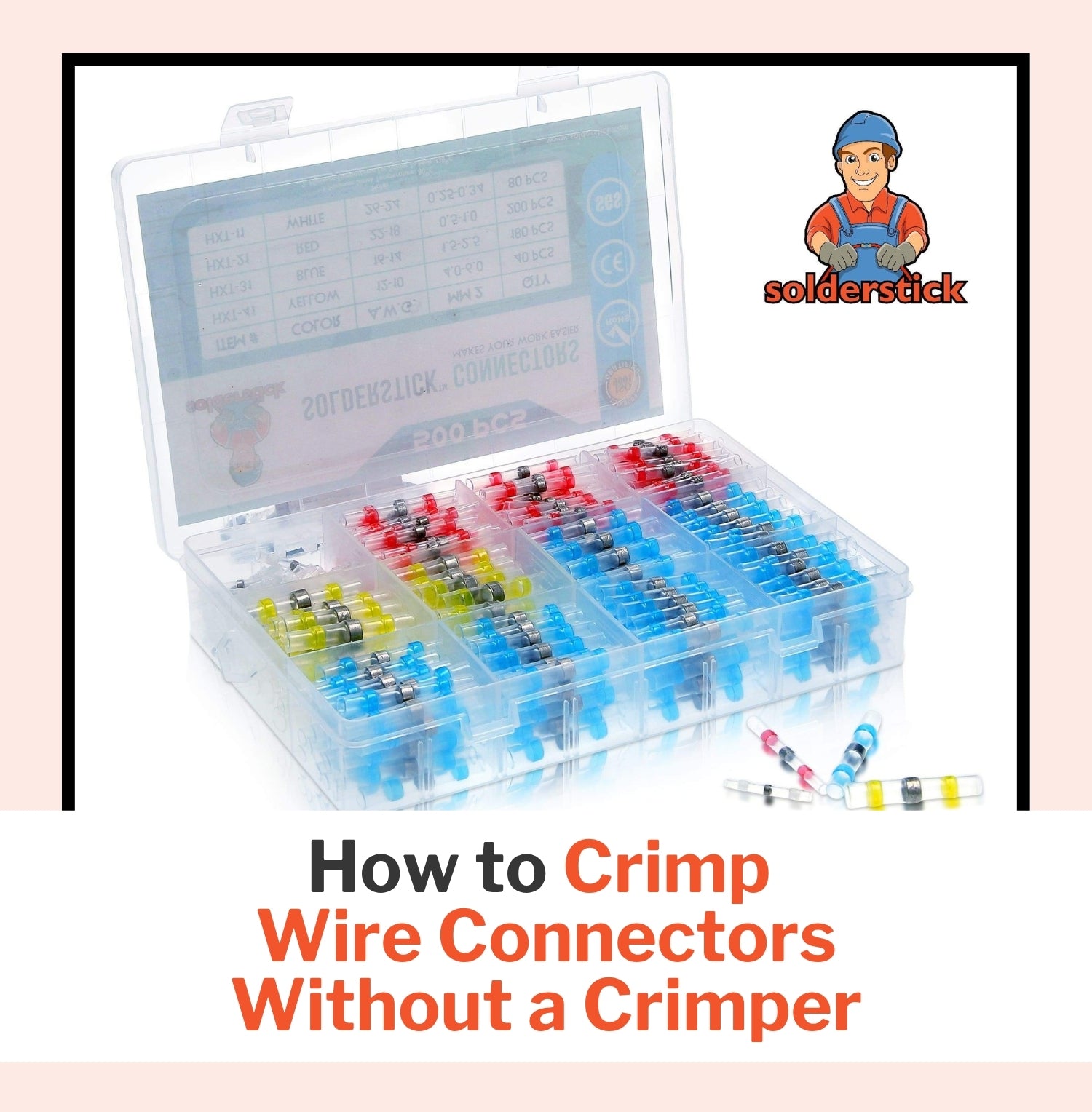
A crimping tool is specifically designed to compress the wire and connector together.
If you do not have a crimping tool on hand, there are alternative methods you can use to crimp wires effectively.
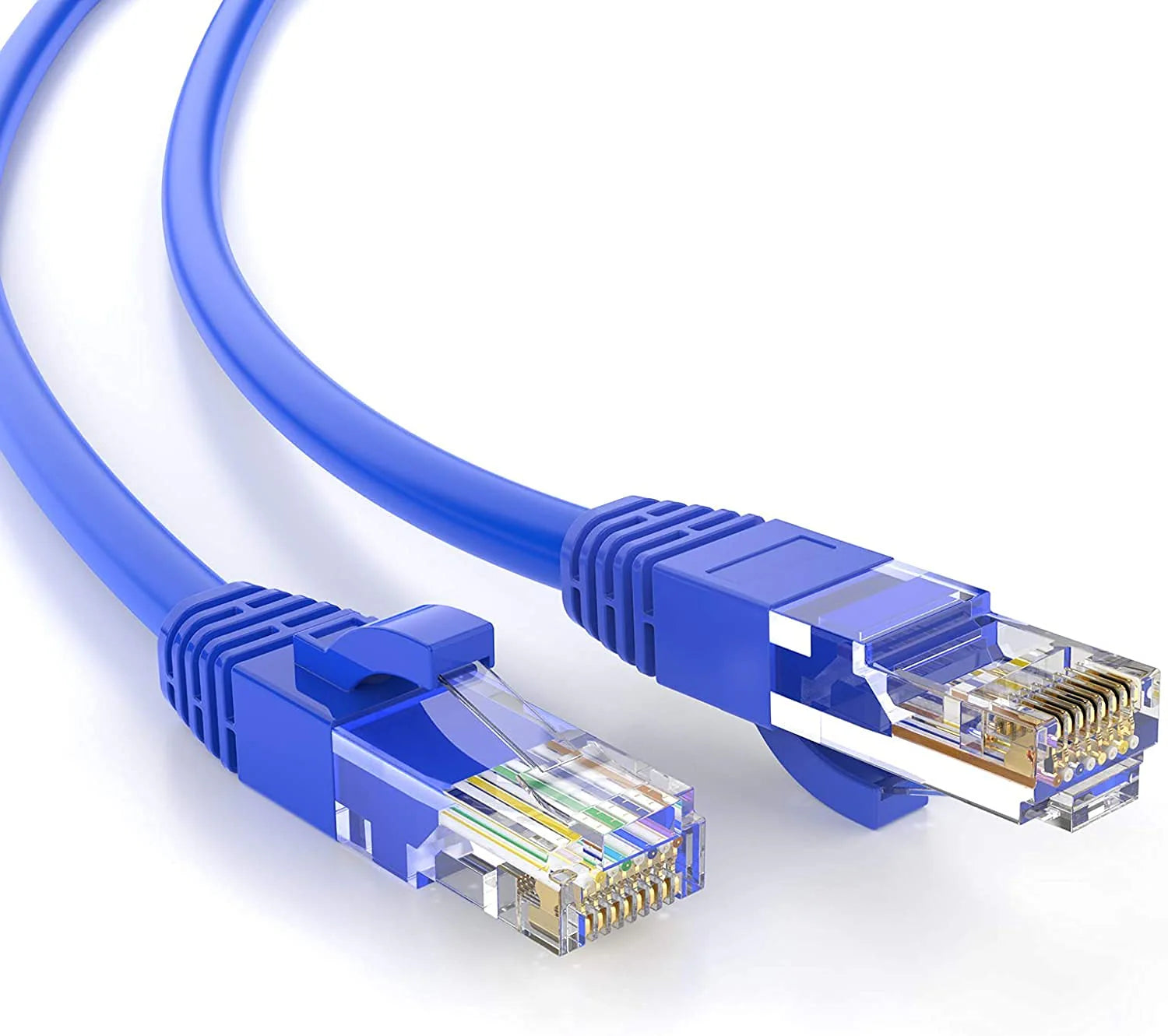
Splicing an Ethernet cable is a delicate process that involves connecting two cable segments securely. Utilizing reliable wire connectors is crucial in achieving a seamless splice.
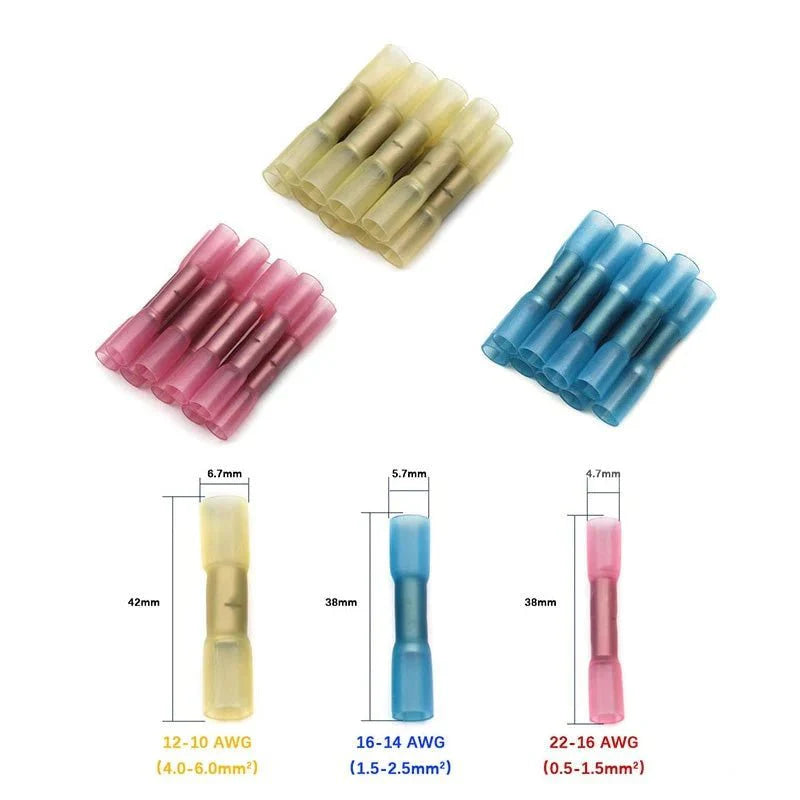
When it comes to electrical or wiring projects,choosing the right connectors is crucial. Two commonly used types of connectors for electrical and wiring applications are bullet connectors and butt connectors.
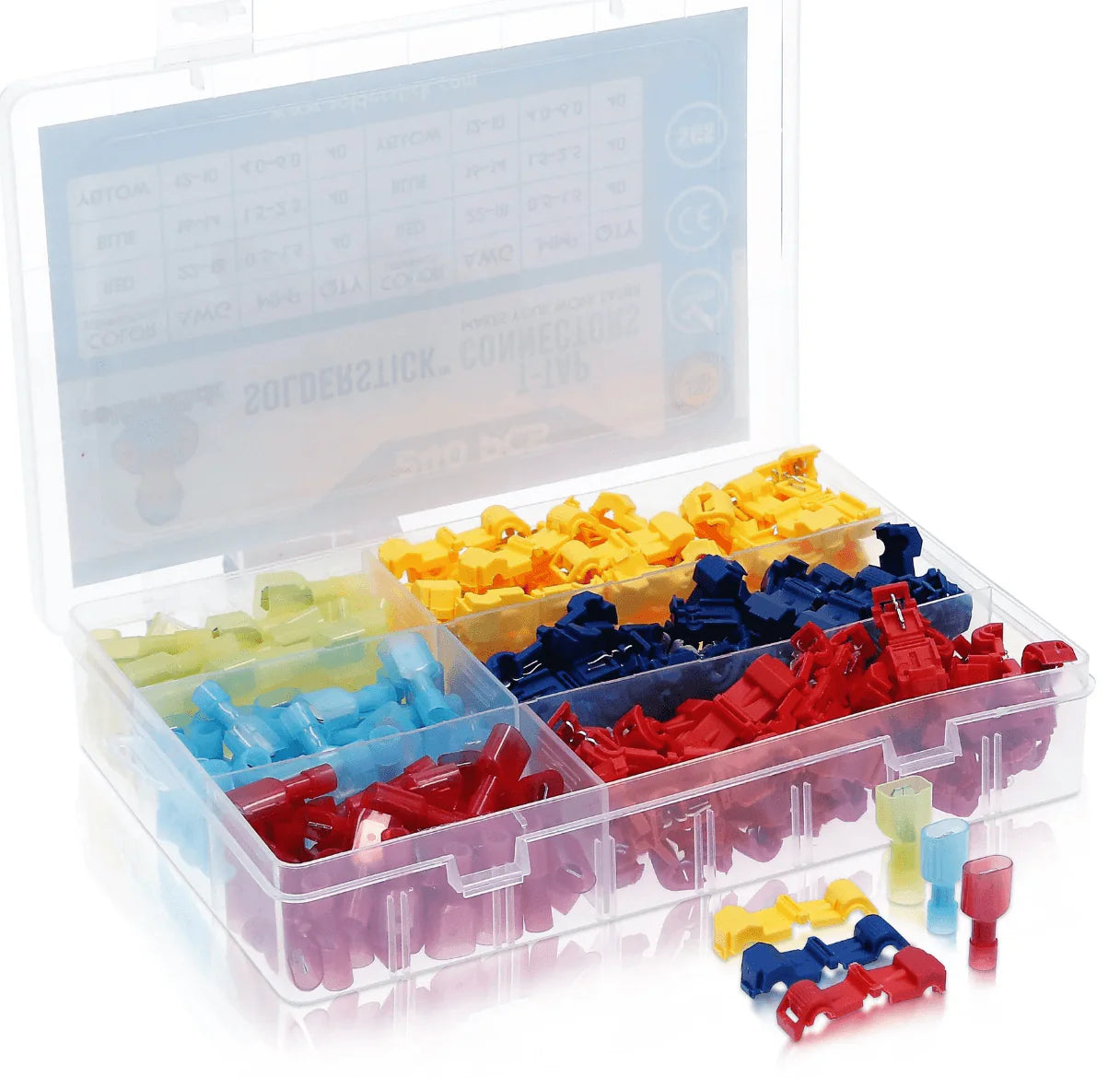
T-tap connectors are important electrical components that make it possible to tap an electrical circuit into an existing wire.
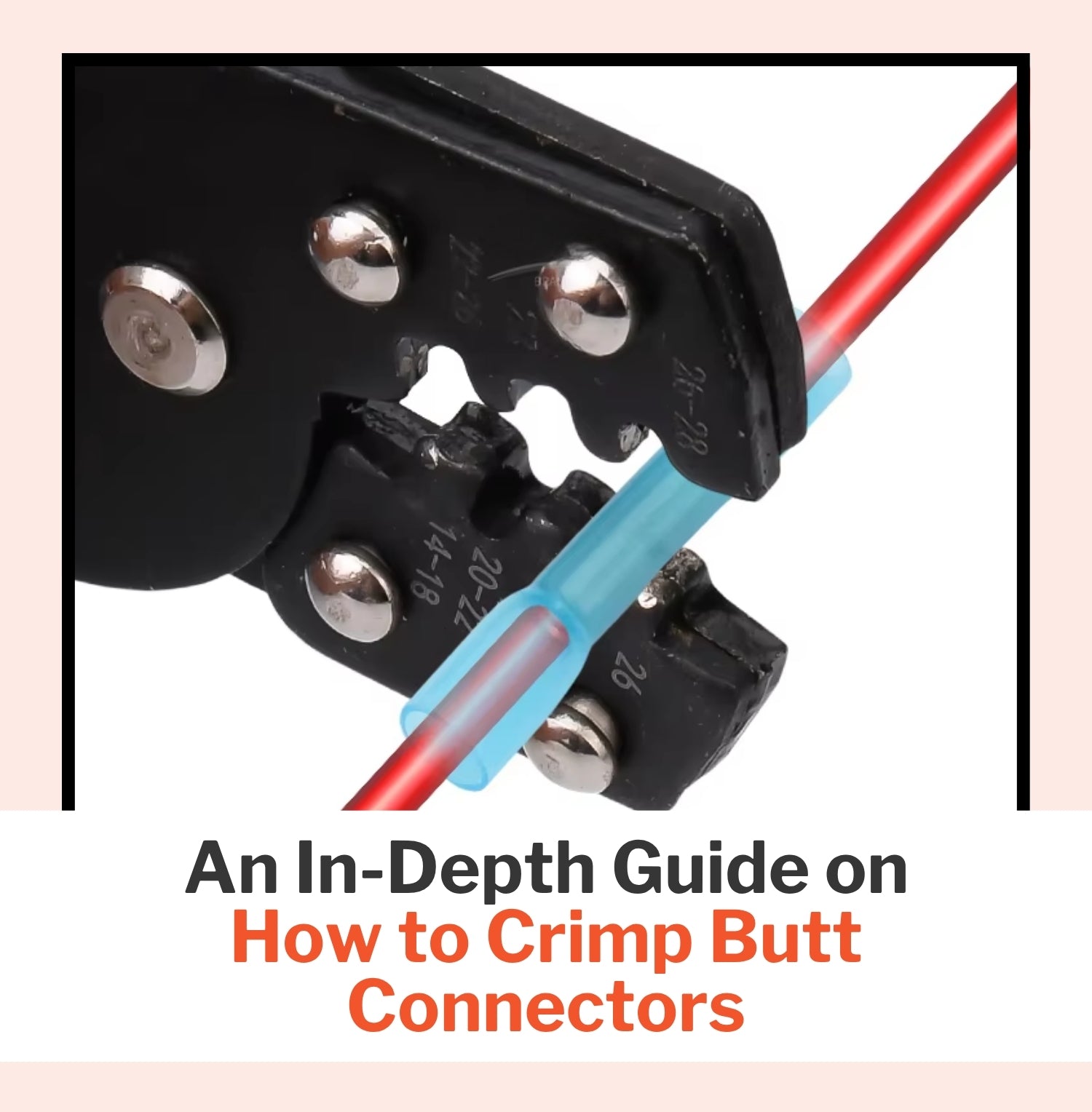
Butt connectors, also known as wire butt connectors or butt splices, are tools designed to join two wires from end to end, thus creating secure connections in electrical systems.
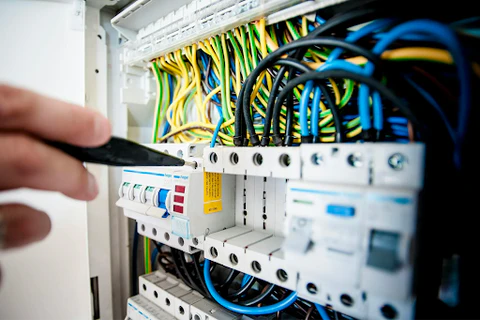
The most commonly used connectors in almost any electrical project are bullet and spade connectors, each offering unique benefits and applications.
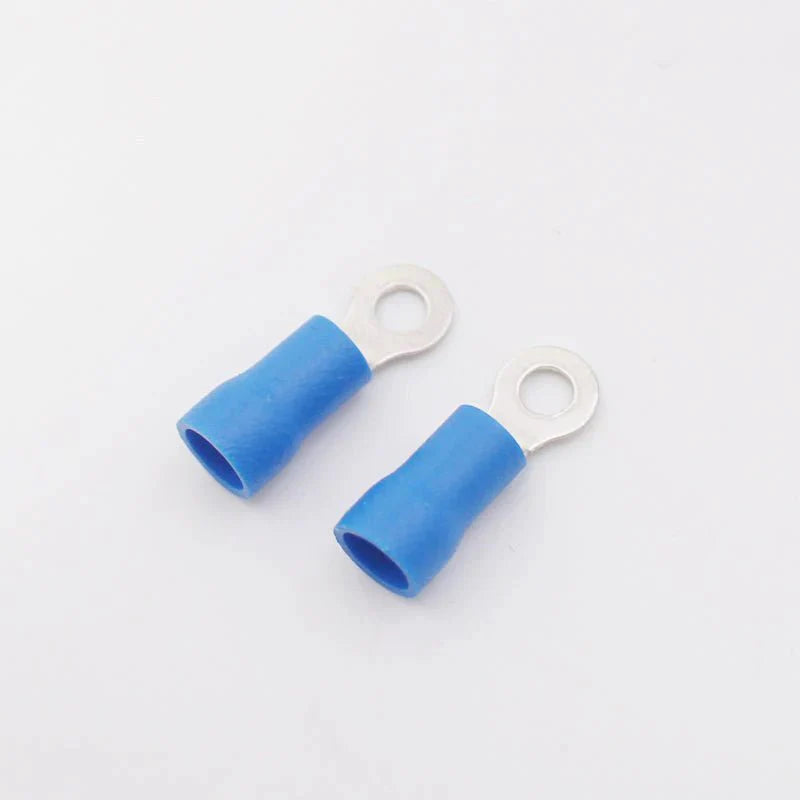
One critical component that often goes unnoticed but plays a crucial role in ensuring the smooth operation of electrical circuits is the humble eyelet connector.
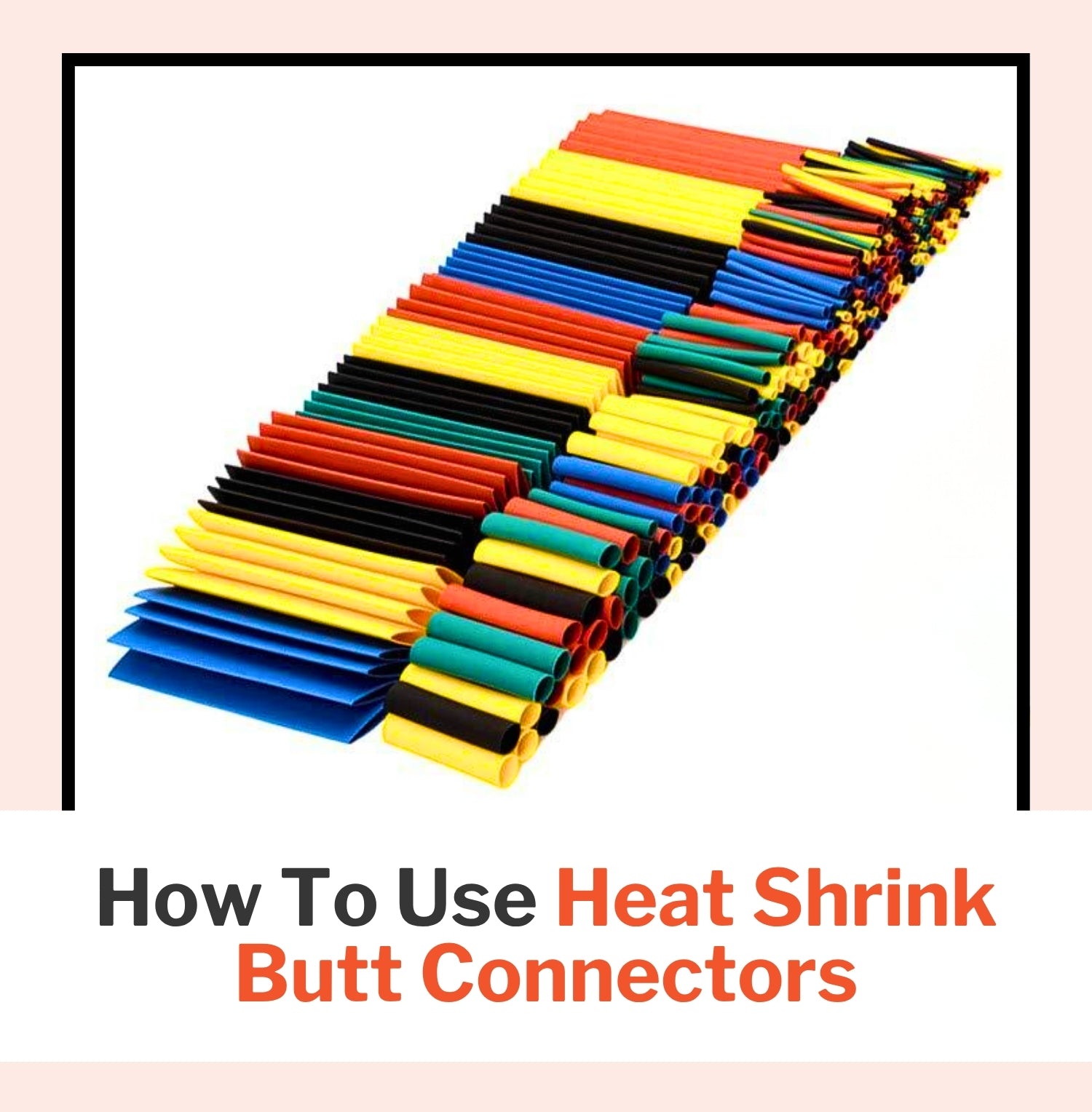
This guide will walk you through the process of how to use heat shrink butt connectors, along with tips and best practices to ensure a successful repair.

Copper has long been the preferred choice for electrical wiring, and for good reason. Its superior conductivity makes it the ideal material for transmitting electricity efficiently and safely. Unlike aluminum...
Copper has long been the preferred choice for electrical wiring, and for good reason. Its superior conductivity makes it the ideal material for transmitting electricity efficiently and safely. Unlike aluminum...

Poor or unreliable connections in electrical systems can lead to disruptions, inefficiency, and even safety hazards. Whether you are connecting electrical wires, devices, or circuits, using the wrong connector can...
Poor or unreliable connections in electrical systems can lead to disruptions, inefficiency, and even safety hazards. Whether you are connecting electrical wires, devices, or circuits, using the wrong connector can...

Terminal blocks are modular connectors used to join two or more wires together in a safe and organized way. They play a crucial role in electrical systems, helping to distribute...
Terminal blocks are modular connectors used to join two or more wires together in a safe and organized way. They play a crucial role in electrical systems, helping to distribute...

Splicing is one of the most crucial skills in basic electrical work, and it must be performed correctly to prevent faults or hazards. A poor splice can lead to power...
Splicing is one of the most crucial skills in basic electrical work, and it must be performed correctly to prevent faults or hazards. A poor splice can lead to power...

Water and electricity do not mix. Moisture exposure can lead to short circuits, corrosion, damaged wires, and even fire hazards. For this reason, protecting electrical connections from water is not...
Water and electricity do not mix. Moisture exposure can lead to short circuits, corrosion, damaged wires, and even fire hazards. For this reason, protecting electrical connections from water is not...

Flickering lights, dim sections, or complete failure are common signs of a faulty LED light strip connector. These issues often come from poor contact, incorrect polarity, or damaged connectors. When...
Flickering lights, dim sections, or complete failure are common signs of a faulty LED light strip connector. These issues often come from poor contact, incorrect polarity, or damaged connectors. When...